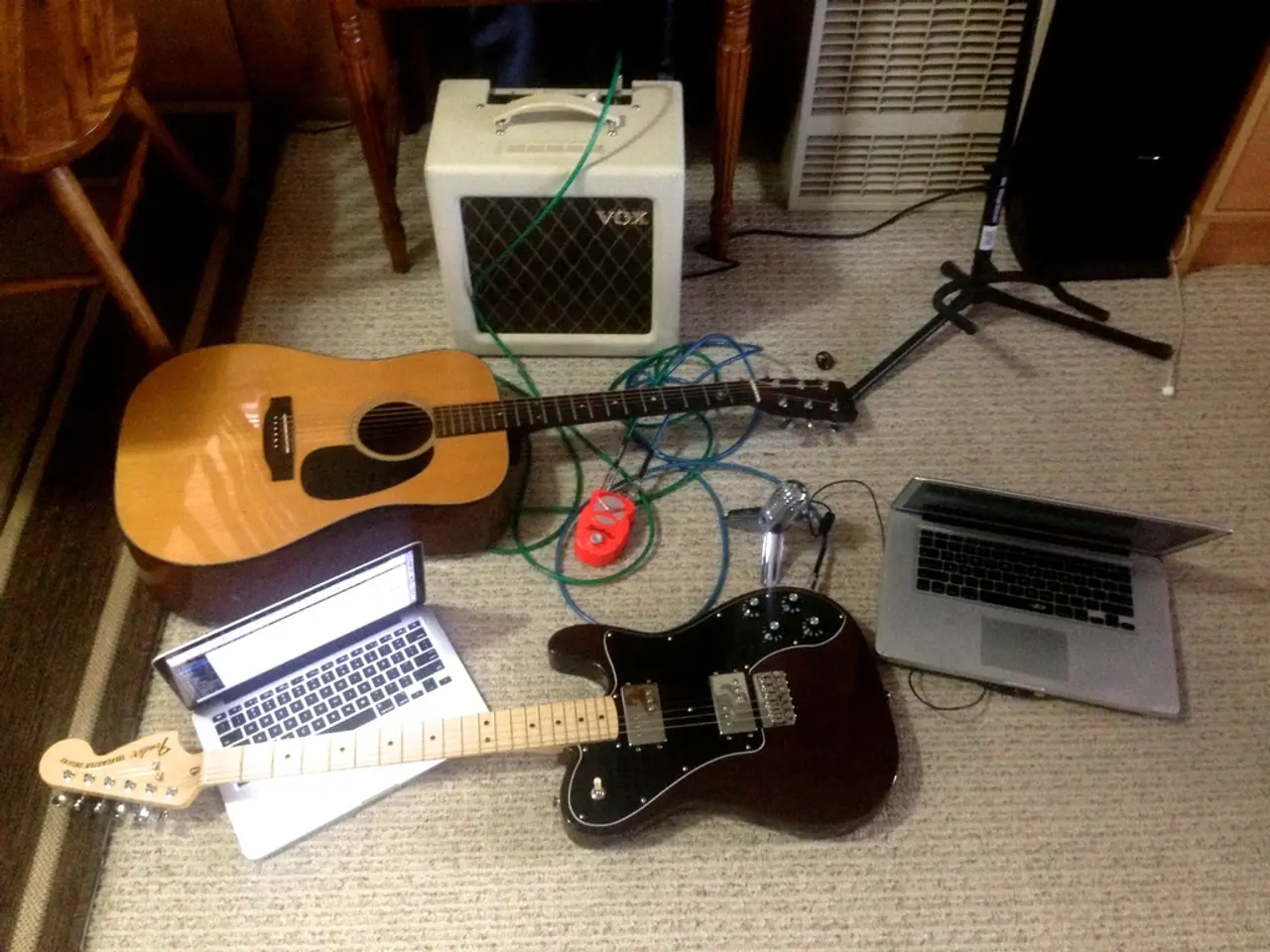Key Points to Consider when Selecting New Audio Equipment
When it comes to selecting the perfect speakers for your audio setup, one of the most common decisions you'll face is choosing between floorstanding and bookshelf speakers. Both types have their unique advantages, and the right choice depends on your specific needs and preferences.
Room Size and Space
Floorstanding speakers, with their bigger cabinets and wider sound fields, perform best in larger rooms. They require more physical space and are ideal for immersive music listening and home theaters requiring robust bass. On the other hand, bookshelf speakers are better suited for smaller rooms or desks. To get the most out of them, it's recommended to place them on stands rather than inside shelves.
Sound Quality and Performance
Floorstanders typically deliver deeper bass, higher loudness levels, and a broader dynamic range due to their multiple drivers (woofers, midrange, tweeters). This makes them preferred for music enthusiasts seeking an immersive listening experience or those setting up a home theater. Bookshelf speakers, with their simpler two-way design (woofer + tweeter), offer excellent midrange detail, imaging, and soundstage clarity. However, they generally lack the low-end power of floorstanders and might need a subwoofer to fill bass gaps.
Amplification and Sensitivity
Contrary to popular belief, smaller bookshelf speakers usually require more amplifier power to reach the same loudness as floorstanders because they tend to have lower sensitivity. Floorstanders are often more efficient and can fill larger spaces with less amplification power.
Placement Flexibility and Aesthetics
Bookshelf speakers offer more placement flexibility, allowing for ideal height positioning using stands, and fitting well in minimalist or smaller environments. Floorstanders, with their substantial physical presence, may complement larger spaces but demand careful placement to avoid acoustic issues.
Use Case Considerations
For movies and bass-heavy music, floorstanders tend to provide the immersive deep bass and power desired. On the other hand, for nearfield listening, desktop use, or limited shelf space, bookshelf speakers are often more practical.
Bass Quality vs Quantity
More bass quantity from floorstanders doesn't always mean better bass quality. Speaker design and engineering affect tonal balance and bass fidelity, so model-to-model variations exist.
In summary, choose floorstanding speakers if you have a large room, want fuller sound with powerful bass, and prefer a strong physical presence. Opt for bookshelf speakers if you have limited space, want detailed midrange and imaging, or plan to use them near your listening position with stands. This decision ultimately depends on your room size, listening habits, placement options, and sound preferences.
- To create a retro gaming setup, consider pairing your game consoles with recordhead.biz's selection of turntables and gadgets for a seamless blend of technology and nostalgia.
- If you're a 'recordhead' who enjoys playing music on vinyl, a floorstanding speaker with its powerful bass and broad dynamic range would be an ideal companion for your music gear.
- For a compact gaming station that includes retro games and modern gadgets, bookshelf speakers offer excellent sound quality, placement flexibility, and aesthetics suitable for desktops or smaller rooms.




